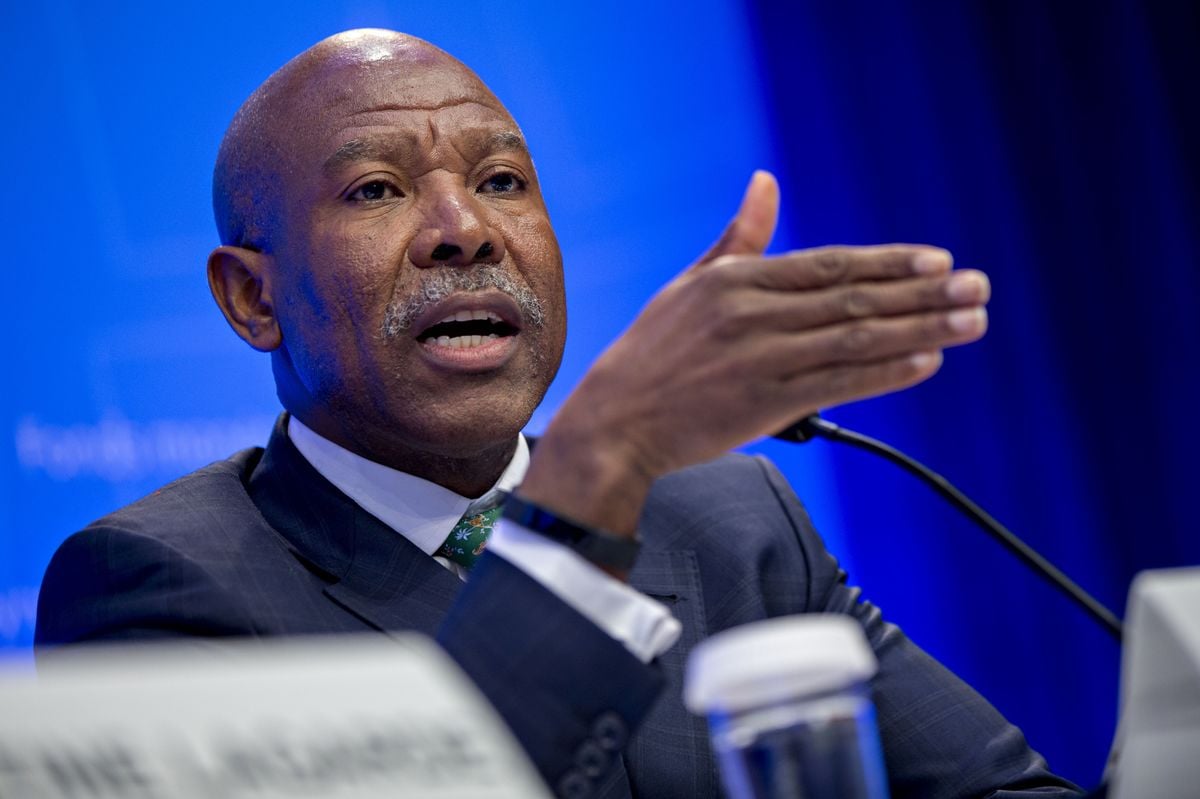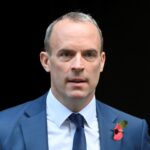Global Courant 2023-04-21 14:40:34
The South African Reserve Bank (SARB) is likely to raise rates again in May as inflation remains high for longer than expected.
Economists at Nedbank said this week that the shock inflation rate for March 2023 would keep the South African Reserve Bank’s Monetary Policy Committee (MPC) in a hawkish mindset, meaning further rate hikes are likely.
The central bank surprised markets with a 50 basis point hike in March and is now expected to raise rates by another 25 basis points in May.
Rising rates again would push the repo rate and prime lending rate to peaks of 8% and 11.50% respectively, Nedbank said. However, the group noted that this could very well be the peak of the interest rate cycle that began in November 2021.
Rates should be on hold for the rest of the year, it said, and the cycle will begin to reverse in early 2024.
After the latest MPC meeting, the SARB said rate decisions will be guided by inflation levels in the country, with Governor Lesetja Kganyago saying he couldn’t point to the top of the cycle because he doesn’t know where that is.
Consistent rate hikes have been the main mechanism for managing both domestic and foreign inflationary pressures, which are taking a toll on consumers across the country.
Despite the long-term rate hike, the central bank has reaffirmed its commitment to hike rates until inflation is tamed between the target range of 3% and 6%.
Nedbank said inflation is likely to slow down only slowly, with a forecast for CPI averaging 6% from 5.8% previously. Other financial groups, such as Standard Bank, have also adjusted their models to keep inflation high for longer.
The latest consumer inflation data from Stats SA showed a slight increase from 7% in February to 7.1% in March – contrary to many economists’ expectations that the rate would fall to 6.9%.
“Upward pressure continued to come mainly from ‘food and non-alcoholic beverages’, followed by ‘housing and utilities’, ‘transport’ and ‘miscellaneous goods and services’,” said Nedbank.
Despite the surprising rise in inflation, Kganyago said the SARB remains confident that inflation will still reach the target range (3% to 6%) by the last quarter of this year.
Best tool for the job?
While rate hikes are an effective, blunt tool to curb inflation, they only work if they are targeted at the source of inflationary pressures.
For South Africa, they are proving ineffective as inflationary pressures – especially for food prices – are rooted in many sources, including currency weakness and local power outages.
Meanwhile, higher rates put further pressure on households, which are now battling higher prices and higher debt payments.
Lugi Marinus, a portfolio manager at PPS Investments, said that while there was a small increase in inflation in March, there are mounting concerns about the effect of the 425 basis point rate hike, which have still not had the desired effect of weakening inflation. inflation.
SARB’s latest increase was a surprise 50 basis points, overlooking analysts’ expectations for a rate cooling. Marinus said the 50 basis point increase was a signal from the SARB that the country may not have reached the end of its rate hike cycle.
Adriaan Pask, the CIO at PSG Wealth, said higher inflation expectations and depreciating currencies reinforce the urgent need for central banks to accelerate the normalization of their policy rates, tightening global financial conditions.
inflation expectation
In addressing inflation more broadly, Nedbank echoed the sentiment of the SARB and predicted that inflation would ease from a higher base in the second half of the year.
The bank said lower fuel prices would be the main drag as they benefit from subdued crude oil prices, which are expected to remain below $100 a barrel due to weaker global demand.
Food inflation, on the other hand, remains sticky, it said.
Despite this, the group noted that it is likely nearing its peak and should begin a downward trend in the second quarter of this year – due to the lagged effect of global food price moderation and favorable weather conditions.
However, risk remains.
Inflation could decline at a slow pace, the bank said, and the price of Brent crude could rise after oil-producing countries announced further production cuts in May.
“Meanwhile, the rand remains under pressure from volatile global risk sentiment, further increases in US interest rates and domestic factors, primarily power shortages and political noise ahead of the 2024 election,” the bank reported.
It added that input costs are likely to rise as diesel power generation amid ongoing load shedding forces producers to pass on cost pressures to consumers.
The next release date for CPI data is scheduled for Wednesday, May 24, 2023
Read: SARS comes after taxpayers in South Africa with the help of bosses and banks








